Зарегистрируйтесь на getAbstract, чтобы получить доступ к этому краткому изложению.
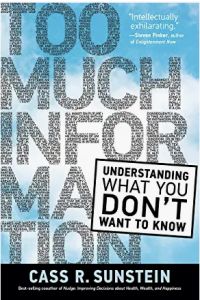
Зарегистрируйтесь на getAbstract, чтобы получить доступ к этому краткому изложению.
Cass R. Sunstein
Too Much Information
Understanding What You Don't Want to Know
MIT Press, 2020
Что внутри?
Does knowing too much “ruin the popcorn”? That’s the information test: too much, not enough or who cares?
Recommendation
Harvard Law professor and prolific author Cass R. Sunstein has the experience to address information disclosure and its impact, having helped oversee federal regulations in the Obama administration. Policy makers insist citizens are entitled to information, but Sunstein argues that a policy’s impact on human welfare can outweigh the right to know. Unpacking a stunningly complex query with few definitive answers, he explores Facebook’s value, honesty in imparting medical knowledge and other thorny issues. He provides thoughtful, measured and informed insights and observations. Sunstein presents all sides of the information disclosure issue and then leaves you to draw your own conclusions.
Summary
About the Author
Harvard Law School professor Cass R. Sunstein has written many books, including Conformity: The Power of Social Influences; How Change Happens; The World According to Star Wars and This is Not Normal: The Politics of Everyday Expectations. He co-authored Nudge with Richard Thaler. Sunstein served as the administrator of the White House Office of Information and Regulatory Affairs in the Obama administration from 2009 to 2012.









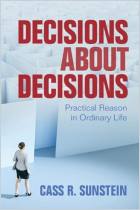
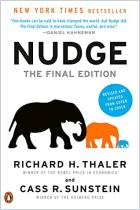

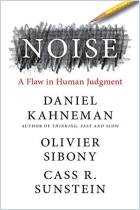






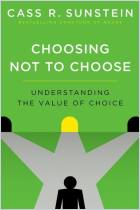




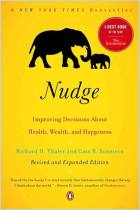





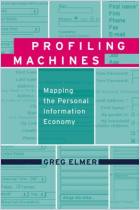



Comment on this summary